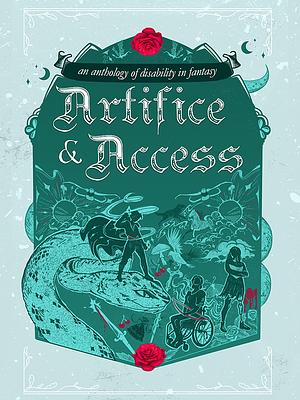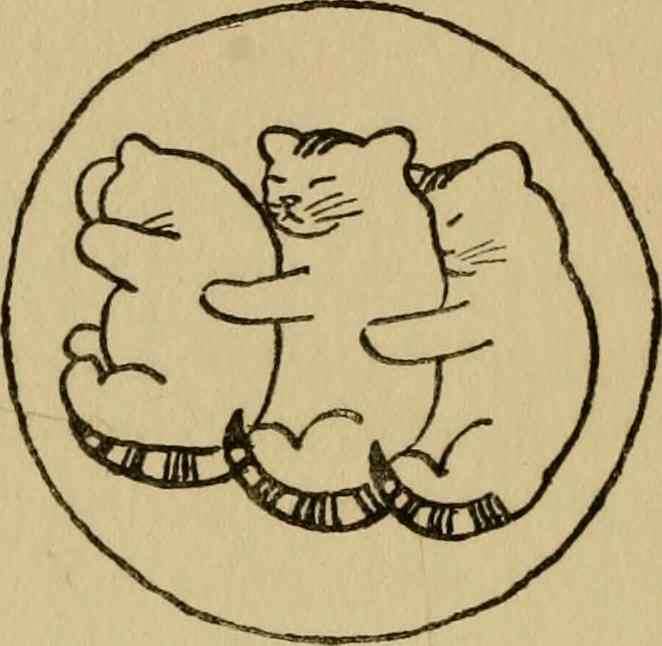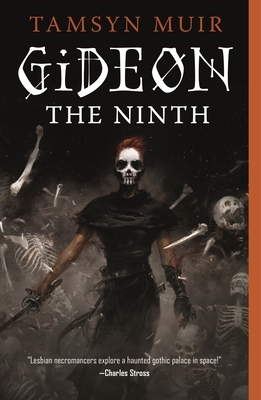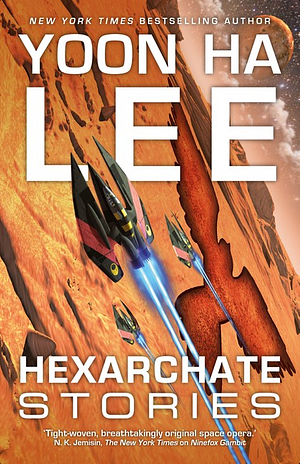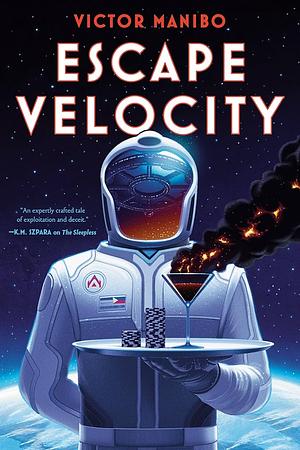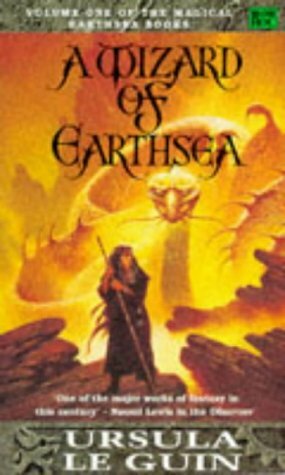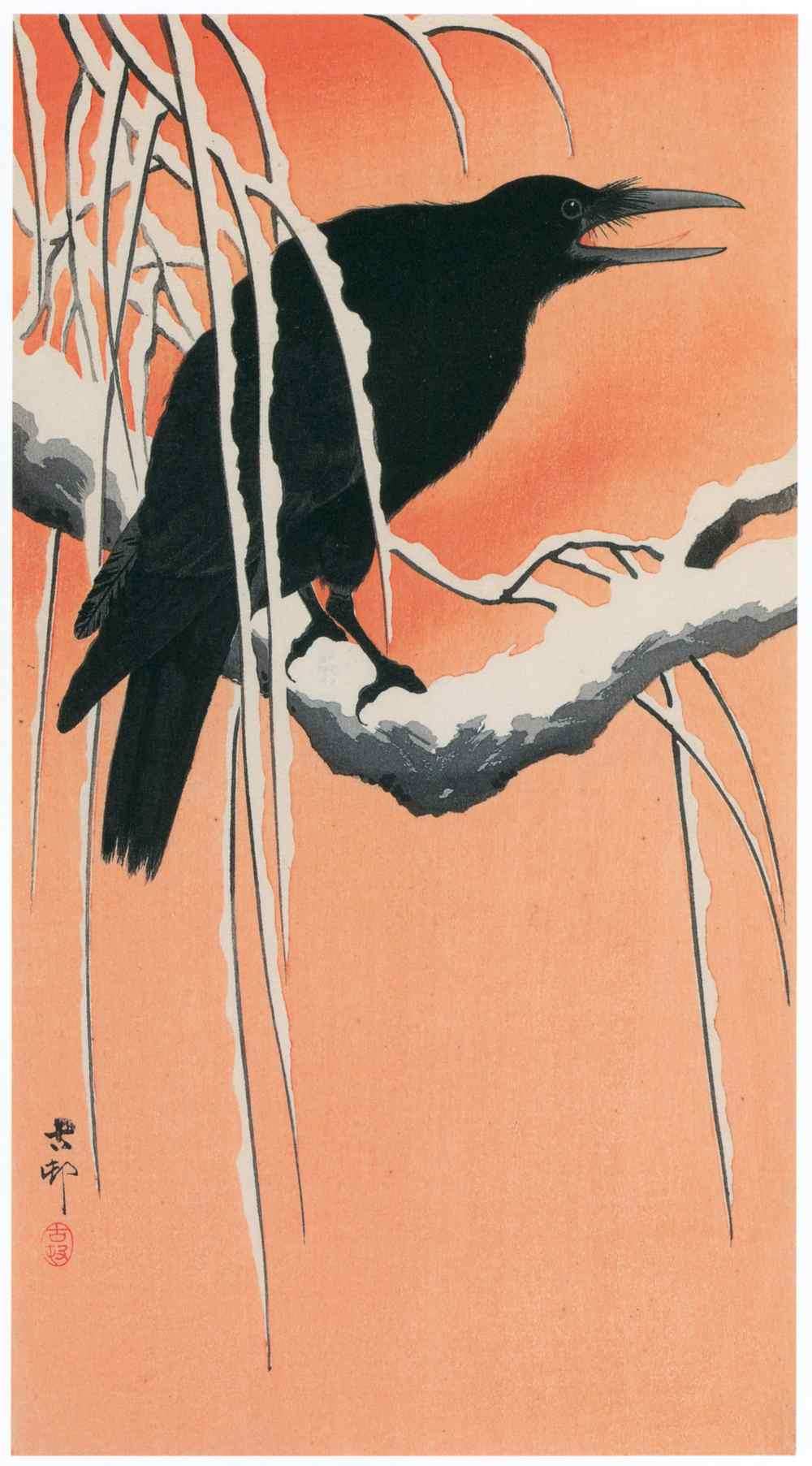Artifice & Access: A Disability in Fantasy Anthology
edited by Ella T. Holmes
Thank you to the editor and publisher Ella T. Holmes for the advanced review copy!
There were some incredibly ignorant and ableist opinions making the rounds on twitter a while back along the lines of “disabled people should not exist in fantasy because magic would ‘fix’ them”. While bad takes on social media are nothing new and will no doubt continue in perpetuity, what sets this case apart is that Ella T. Holmes saw those tweets and decided to spearhead the creation something in response: this defiantly joyful anthology of fantasy and folktales centered on disabled characters.
I am really impressed by the care that has obviously gone into this book, from the curation and editing to the cover and chapter illustrations. The fourteen chosen stories are varied in style and substance, as is the disability representation. While it’s inevitable that some stories worked better for me than others (such is the nature of anthologies), I thought the overall quality was high and very consistent across the book.
A couple of the stories that stood out to me were:
‘To Make Her Eat’ by M. Stevenson – I loved how the main character’s disability (celiac disease) was woven into this story about an encounter with the fey (the traditional, sinister variety!). And there was a really effectively set-up sapphic romance; I could feel the yearning and a deep sense of the history between the characters.
‘Stroke of Midnight, Shoes of Glass’ by Adie Hart – This one followed the classic Cinderella story fairly closely; however, the way that the disability rep (chronic fatigue syndrome) was woven in worked really well and enhanced my enjoyment of the story far beyond that of the versions I’ve come across before.
I really enjoyed the author’s notes that accompanied each story. Hearing from writers about the choices they made and the emotional fuel at the heart of their stories is one of my favourite things. It was made all the more special in this anthology because each of these stories is carving out a desperately needed space for disability representation in the fantasy genre.
Some of the representation across the stories (either directly, or through fantasy analogues) includes: Marfan syndrome, mobility issues, being a cane user, being an ambulatory wheelchair user, chronic pain, being nonverbal, autism, ADHD, celiac disease, POTS, ME/CFS, chronic migraine, PTSD, hypermobility, being immunocompromised, being hard of hearing, using hearing aids, limb difference, having a support animal, and much more besides.
I was pleasantly surprised by some of the intersectional representation along queer and trans lines, as well. ‘Lessons in Botany' by Casper E. Falls particularly resonated with me because the main character’s intersections and experiences align with many of my own. I will say, though, that it would have been nice to see some more stories by writers of colour in the mix.
Overall, the anthology achieves a balance between containing a lot of variety between the stories and feeling admirably coherent as a whole. The common thread across a lot of the stories is one of care, community, mutual support, and interdependence. Many of the stories showed this on a smaller scale (between a couple of people or a small group), and so the final story—'City of the Sun' by Kara Siert—was a fantastic one for the collection to end on, because it rounded off that theme with a sweeping message about refusing to participate in ableist systems that only value you for what you can offer them.
I love that the message from the stories within this book reflect the way that this book was created: by disabled people, for disabled people, through a collective effort, and outside of the ableist systems of mainstream traditional publishing. I am thrilled that this anthology exists and I can’t wait to see what comes next!
